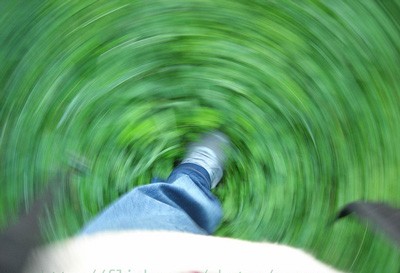 It has now been two years since I vomited. Sorry for the mental images. But that’s how we Miniere’s Disease sufferers measure progress. I’ve struggled with Miniere’s since 2004, and for much of that time, recurring vertigo would cause a vomiting episode (or more likely, a series of them) at least once a quarter.
It has now been two years since I vomited. Sorry for the mental images. But that’s how we Miniere’s Disease sufferers measure progress. I’ve struggled with Miniere’s since 2004, and for much of that time, recurring vertigo would cause a vomiting episode (or more likely, a series of them) at least once a quarter.
I’d be okay for a while. And then I’d not be okay. You get so you can read your body, and know when it’s coming back in force. You wake up in the morning and just know, “Probably around noon, it’s gonna hit me hard.”
But my life changed on April 16, 2010, when I had an endolymphatic shunt surgically installed behind my left ear. The first year saw definite improvement, but a bout with acute pancreatitis threw my body off, and I still had some of the aforesaid episodes. But the last one occurred in April 2011.
April 2011 was also my last serious episode of nystagmus, where the world suddenly starts spinning and you’re nonfunctional for about ten seconds or so. For me, a vomiting episode is often a delayed reaction from a nystagmus episode. Not always, but often. I’ve had a couple minor episodes of nystagmus that stopped pretty quickly, and could usually be attributed to excessive sodium intake. But very minor.
Anyways, I give credit to the endolymphatic shunt. I can almost feel it kick in sometimes, taking in ear fluid before it triggers vertigo.
I’ve posted about the shunt surgery several times over the years, and I usually get comments or emails from other Miniere’s sufferers who are researching the surgery and discover me through a Google search. There have been a few negative reports, but most are very positive.
There are several surgical options for vertigo sufferers, and the shunt is both the lease invasive and the option with the highest success rate. During the past year I’ve heard from a couple people who have had a shunt in place for up to 20 years, and it seems the shunt was wearing out and they were having the surgery done again. I can live with that. It’s not a bad surgery.
I really feel like I’ve gotten my life back. I drive and fly without worry. I still watch my sodium and caffeine intake (moderation only). Alcohol is another trigger, but I’ve never been a drinker, so that’s not an issue for me. The fourth trigger is stress. You can’t always minimize that; I’m coming up on a period at work when there will be a higher level of stress. But I’ve learned to cope with it.
So, two years and counting.
My various posts about the surgery:
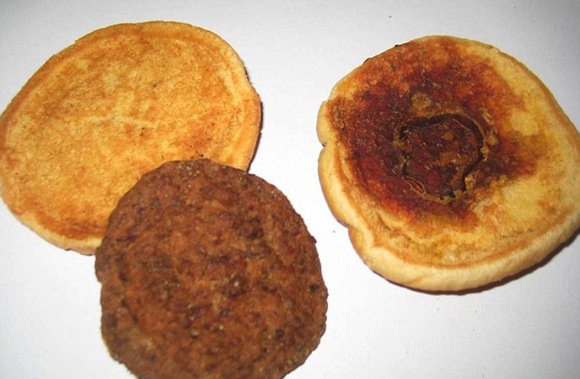


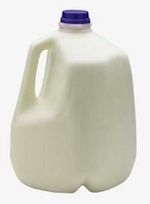 It takes a half-turn to seal the cap on a milk jug. Perhaps you’ve noticed.
It takes a half-turn to seal the cap on a milk jug. Perhaps you’ve noticed.
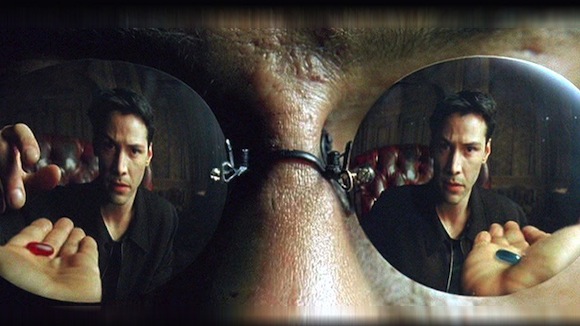

 It made me think of the current secessionist movements in the United States, with various states wanting to withdraw and become their own country. If Texas pulled out of the US, or the northwest states, or other regions, would that begin the decline of the US as a world superpower? Probably. We could get along without the Dakotas, but if one state withdrew, other dominos would fall. And I seriously doubt we would go to war (as Lincoln did) against fellow citizens. Not today, with our emphasis on self-determination.
It made me think of the current secessionist movements in the United States, with various states wanting to withdraw and become their own country. If Texas pulled out of the US, or the northwest states, or other regions, would that begin the decline of the US as a world superpower? Probably. We could get along without the Dakotas, but if one state withdrew, other dominos would fall. And I seriously doubt we would go to war (as Lincoln did) against fellow citizens. Not today, with our emphasis on self-determination.
 It has now been two years since I vomited. Sorry for the mental images. But that’s how we Miniere’s Disease sufferers measure progress. I’ve struggled with Miniere’s since 2004, and for much of that time, recurring vertigo would cause a vomiting episode (or more likely, a series of them) at least once a quarter.
It has now been two years since I vomited. Sorry for the mental images. But that’s how we Miniere’s Disease sufferers measure progress. I’ve struggled with Miniere’s since 2004, and for much of that time, recurring vertigo would cause a vomiting episode (or more likely, a series of them) at least once a quarter.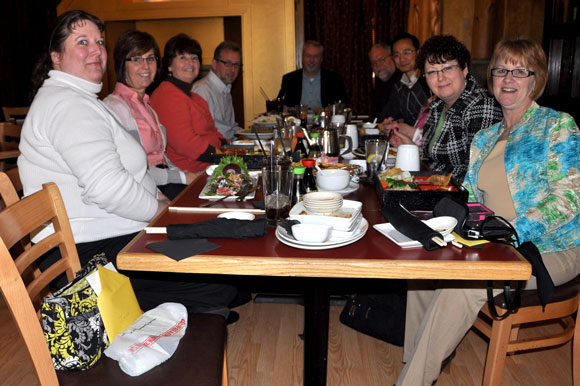
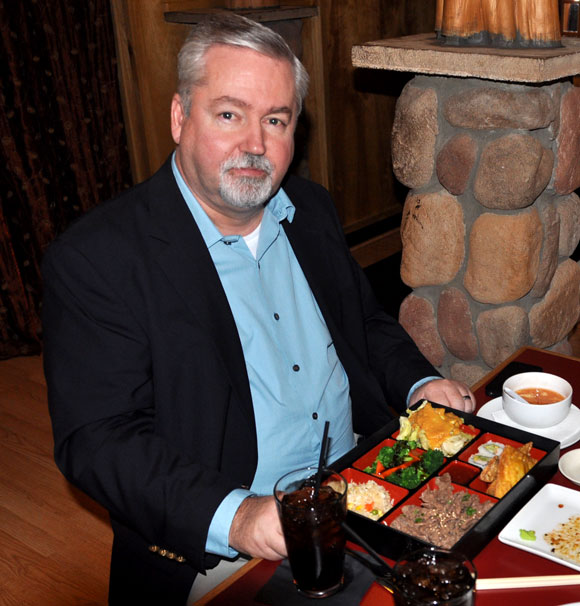
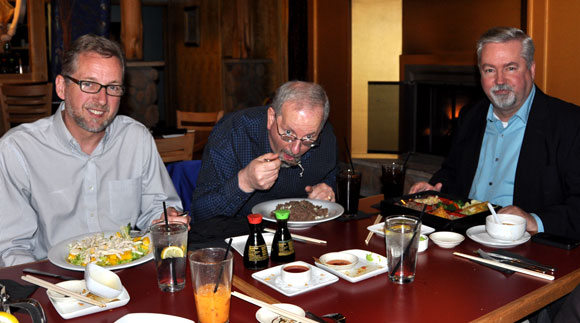


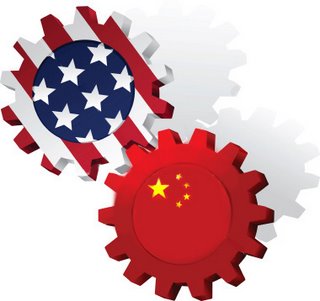 Interesting tidbit from a New Yorker article about China. Two behavioral scientists studied Chinese and American attitudes toward financial risk. Most Chinese investors viewed themselves as more cautious than Americans, and the Americans agreed.
Interesting tidbit from a New Yorker article about China. Two behavioral scientists studied Chinese and American attitudes toward financial risk. Most Chinese investors viewed themselves as more cautious than Americans, and the Americans agreed.


